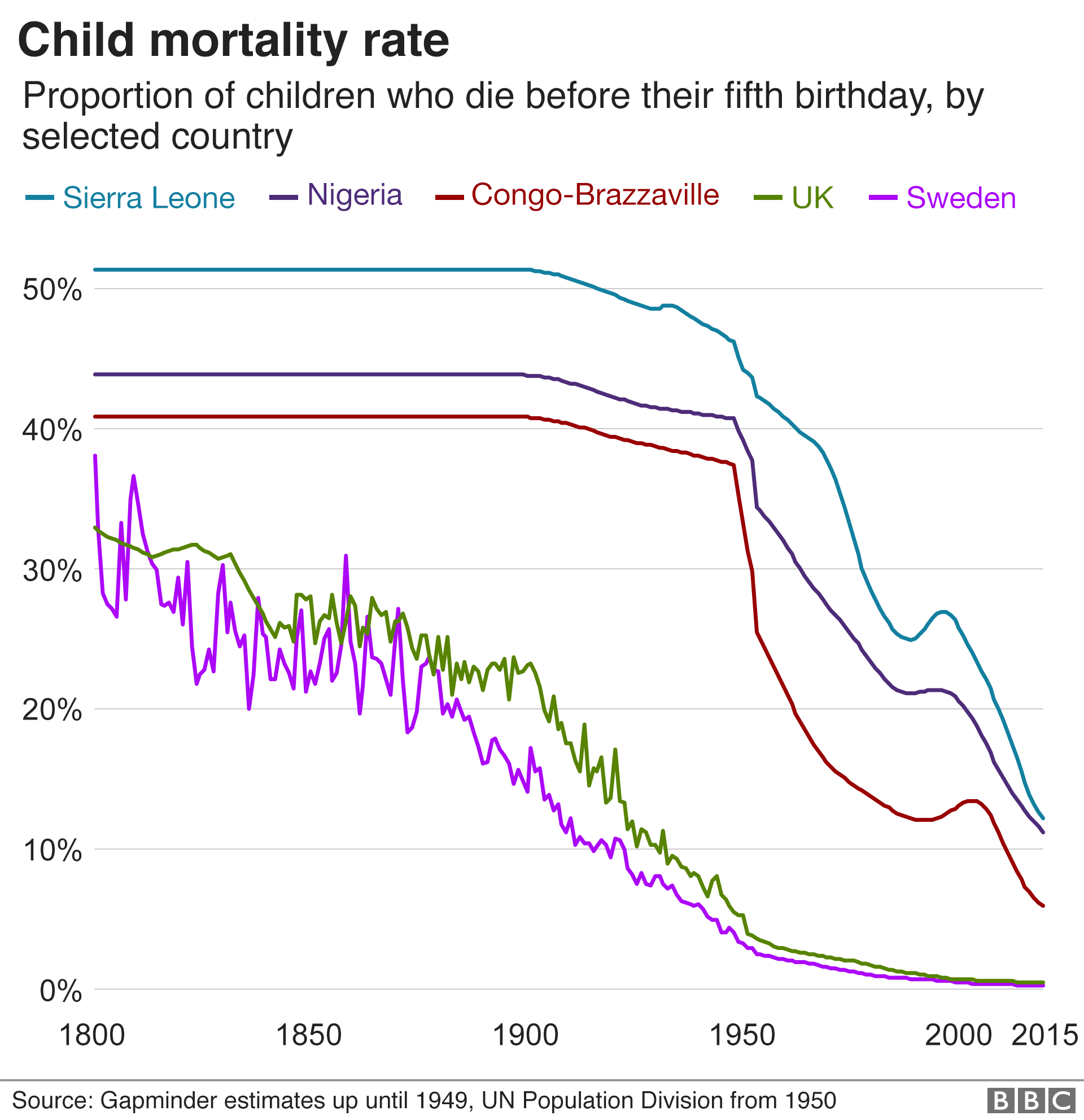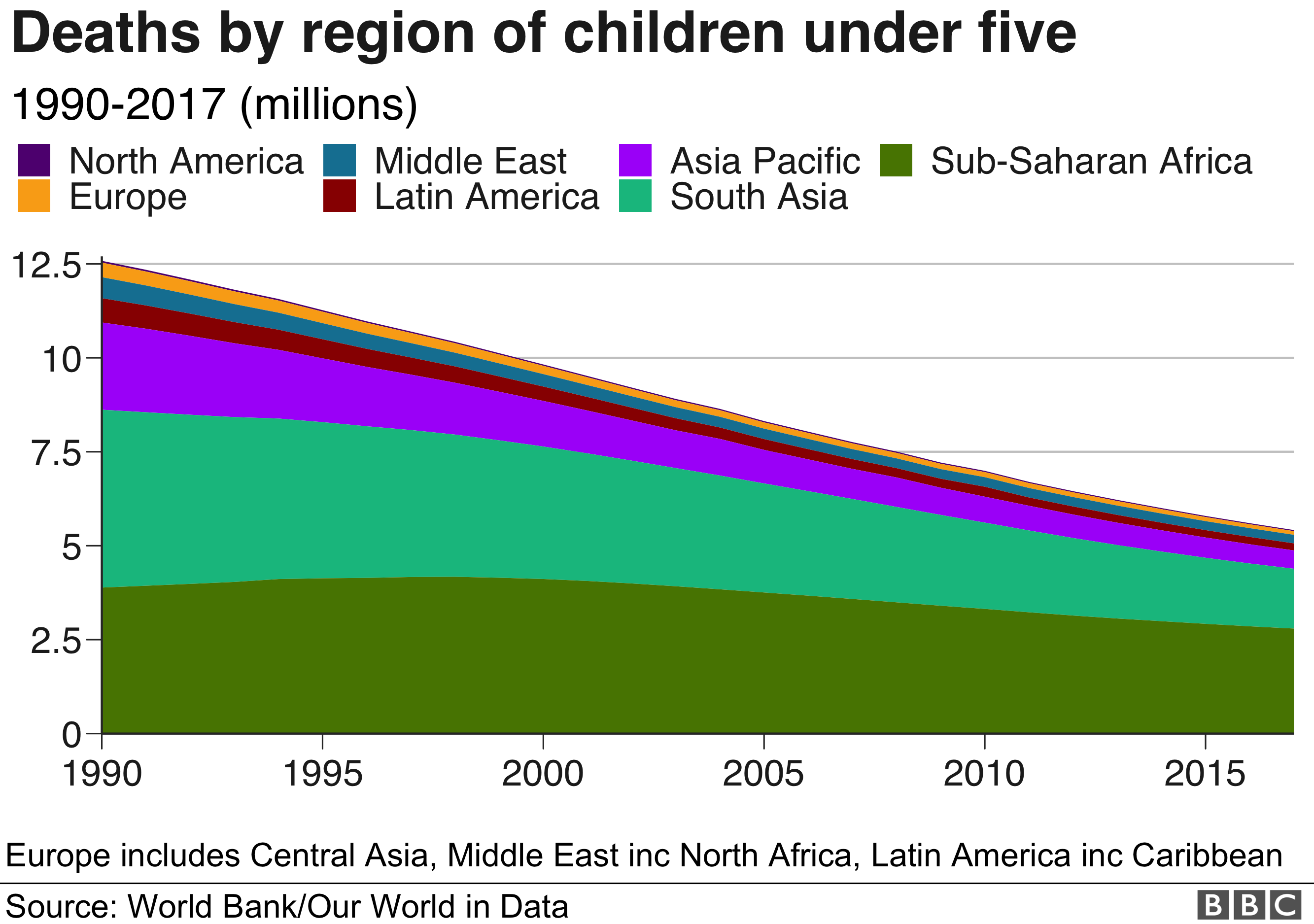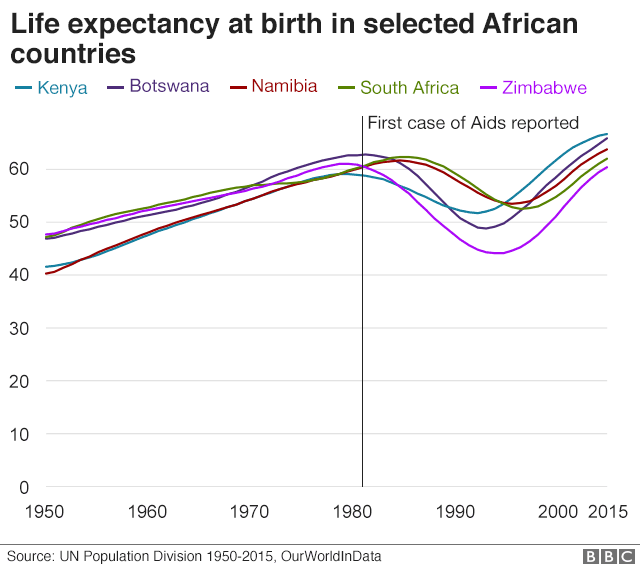Biggest cause of death around the world

Average life cycle has increased up to over 71 yrs
(Web Desk) - In 1950 the average life expectancy around the world was sought to be 46 years. But we have seen an Improvement in the average life cycle which has increased up to over 71 yrs.
Death is a natural phenomenon; the real tale to be pondered on and deciphered isn’t in the moment of death but all the factors that lead up to the demise.
Though we have seen a general rise in the average age across the continents still it’s not evenly spread. The expected life span can be cut short due to varying reasons it could be an illness, an unexpected outbreak of a pandemic or any other unforeseen circumstance.
Only 0.5% of deaths are caused by conflicts, war, terrorism related incidents and natural disasters. Countless incur death early for reasons that could be averted.
.png)
Reasons behind death around the world
Even though population around the globe has been on the rise and their average life span has increased, still 56 million people passed away in 2017 which is 10 million more than the deaths calculated in 1990.
The prime cause behind 70% of deaths is not a pandemic but noncontagious, nontransmissible, chronic illnesses
Heart disease is the cause behind every third death which is twice more than those resulting from cancer.
The second major disease affecting humans that leads to their end is cancer, it accounts for one in every six deaths.
Other non-infectious diseases leading people to their final resting place are Diabetes, respiratory diseases and Dementia.
.png)
Preventable deaths
Apart from major diseases amongst the top ten causes of deaths is diarrhea, proved to be a major killer in 2017 claiming the lives of 1.6 million people, being the chief cause of death in a few countries.
1.8 million newborns died in 2017 in the first 28 days of their birth due to Neonatal disorders.
Though Japan has an exceptional life expectancy rate, the highest in the world still infant mortality averages fewer than one in 1,000 babies in the first 28 days, while under one in 20 babies die in some of the poorest countries.
.jpg)
Road accident is a key cause of death in rich and poor countries alike. 1.2 million people in 2017 died in such accidents around the globe.
Though road accidents have lessened in the prosperous countries but the average has remained the same.
Twice as many people take their own lives by committing suicide. In UK alone its ratio is 16 times more and the main cause of death in men aged between 20-40.
Changes overtime
In the past people died from contagious diseases more often i.e in 1990 one in every three deaths resulted from an infectious disease, this has changed overtime as countries have developed and progressed this number has decreased by one in every five.
Child mortality rate
Children are most susceptible to catching on an infectious disease, every third child died before the age of five uptill the 19th century.

Things have improved as a result of better healthcare, hygiene, vaccines and access to clean water. Child death is a rare occurrence in wealthy countries; the poor countries are also catching up with a similar mortality rate of infants as was in UK and Sweden in the early 20th century.

The world has been able to save its children but there has been a shift in the death rates among the elderly by non-contagious diseases, increasing the burden on relatives and the health care system.
HIV/Aids crisis
HIV/Aids crisis in the 1980s was felt all over the world but hit the the most in sub-Saharan African countries.
Treatment, preventive education plus the anti-retroviral therapy have halved the deaths in the last decade from 2 million a year down to 1 million.

Progress and development isn’t directly indicative of an increased life expectancy, infact the opioid drug crisis has decreased the life expectancy in the US.
Life expectancy of young mothers has also not risen, rather US is amongst the 10 countries where a mother is likely to die during or shortly after child birth.
Though we have progressed and are better off than yesterday much more is needed to be done.
Article by Hannah Ritchie, an Oxford Martin fellow, currently working as a researcher at OurWorldinData.org.
Edited by

